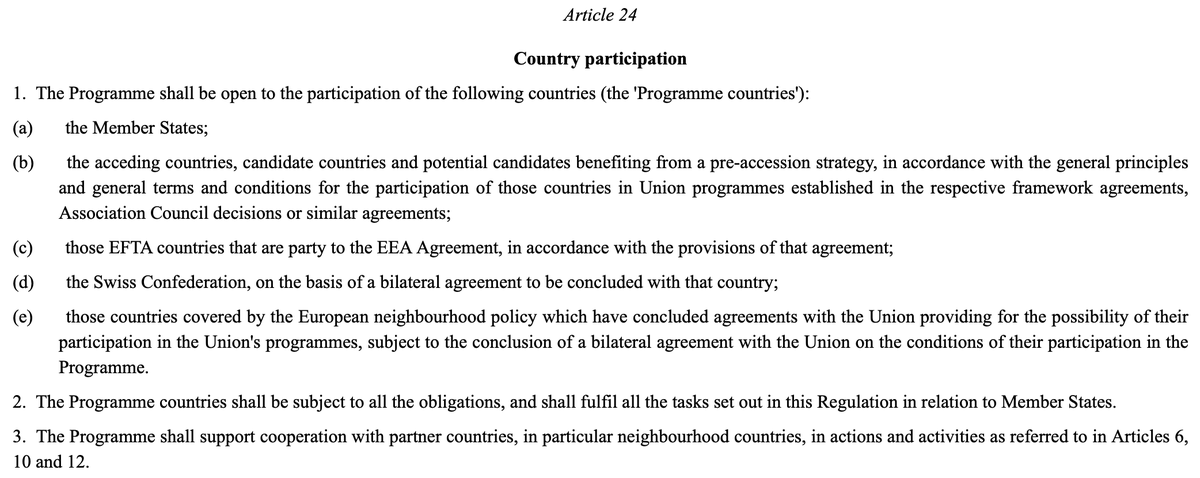A few further thoughts on the government’s HRA/ECHR story in the Telegraph this morning. And whether I should even bother to give further thoughts. /1
https://twitter.com/darranmarshall/status/1304888017958711296
As @AdamWagner1 and others have said, this isn’t new. May wanted out of the ECHR, Raab is a long term opponent etc etc. An 80 seat majority does make a difference though, making it more of a potential reality. /2
And the same defenders of the Good Friday Agreement will point out the centrality of the HRA in ensuring peace. Ditto other MPs such as @joannaccherry who have consistently sought UK govt to remain publicly committed to it. /3
The long term commitment to replace the HRA (framed nowadays as ‘Labour’s HRA - and not in a complimentary way) with a ‘British Bill of Rights’ has gone nowhere, since there is little idea of what that means. /4
Except of course to remove/restrict rights from the usual targets of the ‘undeserving’: immigrants, criminal suspects, anyone who doesn’t like the govt and supported by ‘activist’ lawyers. /5
So, the chance of a ‘British Bill of Rights’ seems pretty low. And the attack again on the HRA night go away when there is something else to point the finger at (probably migration again). /6
Which begs the question: should we (again) be outraged and rise to the occasion when nothing might happen, pointing out that the UK drafted much of ECHR, first to sign, not part of EU, if we withdraw what chance for others to obey etc? /7
The answer is yes we should: any changes to our human rights protections need to be as open as possible in terms of what that means. No other country would seriously consider the ‘advantage’ of withdrawing (or ‘opting out’) or human rights law. /8
These are the protections for all those in the UK and it is unconscionable that removing rights for some is in any way a good idea. /9
So, frustrating as it is to deal with tired arguments about how the HRA is used as a tool for activist lawyers and judges to allow the undeserving to cheat the system (I paraphrase but only a little) then we have to keep going. /10
If we don’t, then the consequences are serious. And if that means falling into the trap of being outraged by those who seek to deliberately do so, then so be it. /END
• • •
Missing some Tweet in this thread? You can try to
force a refresh





